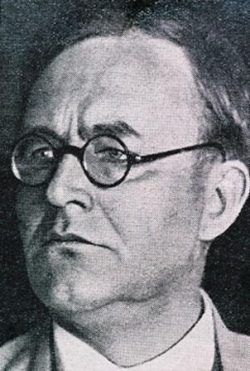Karl Barth (1886-1968)
A theologian, a public figure, a sentinelThe theologian Karl Barth (1886-1968) was an outstanding protestant personality of the 20th century. His work questioned many a certainty. It also influenced several generations of pastors, especially in France. It triggered intense and fascinating debates as it was circulated all over the world.
A German speaking theologian internationally renowned
Karl Barth was born in Basel and studied theology in Germany, where he learnt the latest breakthroughs in Bible exegesis. Indeed the historical-biblical school had then largely contributed to setting the Scriptures in their historical background, thus undertaking their demythologisation.
In 1914 when the war broke out he was a pastor in German Switzerland and felt the ethical limits of preaching mainly focused on “the opinion man has of God.” The exegesis was probably important, but dealt neither which with situations described in biblical texts, nor with their inner dynamics. Should not attention also be paid to a context which in itself is a kind of predication ? In other words, should not attention be paid to the testimonies within the texts, namely to “God’s opinion of men” ? Such a dialectical reversal was the basis of Barth’s ministry, work and commitments.
In his first major book, a commentary of The Epistle to the Romans – 1st German edition in 1919-, Barth initiated dialectical theology, i.e. a theology simultaneously interested in God “because he is man’s God” and in man “because he is God’s man.” In the early thirties, he started writing his great Church Dogmatics which he worked on until 1967. He also wrote many articles. Though he was a university scholar, he always was a preacher as well.
As early as 1933, Karl Barth was actively opposed to Nazism. He was one of the first writers of the manifesto of the confessing Church, voted at the free synod in Barmen in 1934.
After 1945 and during the cold war, Barth committed himself on many issues. He also much admired the work of the Catholic Church during the Vatican II Council.
In 1968 upon his death the world seemed assured about its future, and some people said that Barth’s ethical requirements had to be rephrased. The debate he has started is far from ending.
Pastor Pierre Maury was most active in introducing Barth’s thought to France.
Bibliography
- Books
- BARTH Karl, Avent, Bergers et Mages, 1999, 1
- BARTH Karl, Aux captifs de la liberté, Labor et Fides, 1990
- BARTH Karl, Dogmatique, tomes 10 à 25, Labor et Fides, 1999
- BARTH Karl (trad. MAURY Pierre), Dieu pour nous, Les Bergers et les Mages, Paris, 1998
- BARTH Karl (trad. RYSER Fernand), Dogmatique, Labor et Fidès, Genève, 1953-1980
- BARTH Karl et MAURY Pierre, Nous qui pouvons encore parler, Correspondance éditée par REYMOND Bernard (1928-1956), L'Age d'Homme, Lausanne, 1985
- BARTH Karl, trad. DE SENARCLENS Jacques, L’Humanité de Dieu, Labor et Fidès, Genève, 1956
- BONHOEFFER Dietrich, Éthique, Labor et Fides, Genève, 1989
- Collectif, Karl Barth, genèse et réception de sa théologie, Labor et Fides, 1999
- MULLER Denis, Karl Barth, Éditions du Cerf, Paris, 2005
Associated tours
-
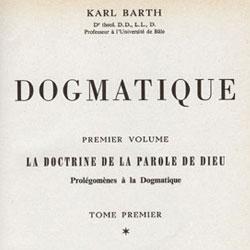
Theology in the 20th century
Theological thought and research in the 20th century can be divided into three periods: up until the late 1920s, from the 1930s to the 1970s, and since the 1970s.
Associated notes
-
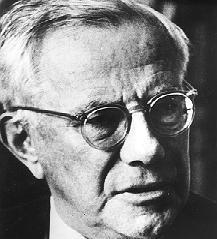
Paul Tillich (1886-1965)
Paul Tillich was born in eastern Prussia in 1886. He was a Lutheran and a bright student in theology and philosophy, and then became a pastor in a working class... -

Dietrich Bonhœffer (1906-1945)
Dietrich Bonhœffer was a protestant German pastor and theologian, and also the co-founder of the confessing Church. He was opposed to the growing Nazi influence on protestant German churches. He... -
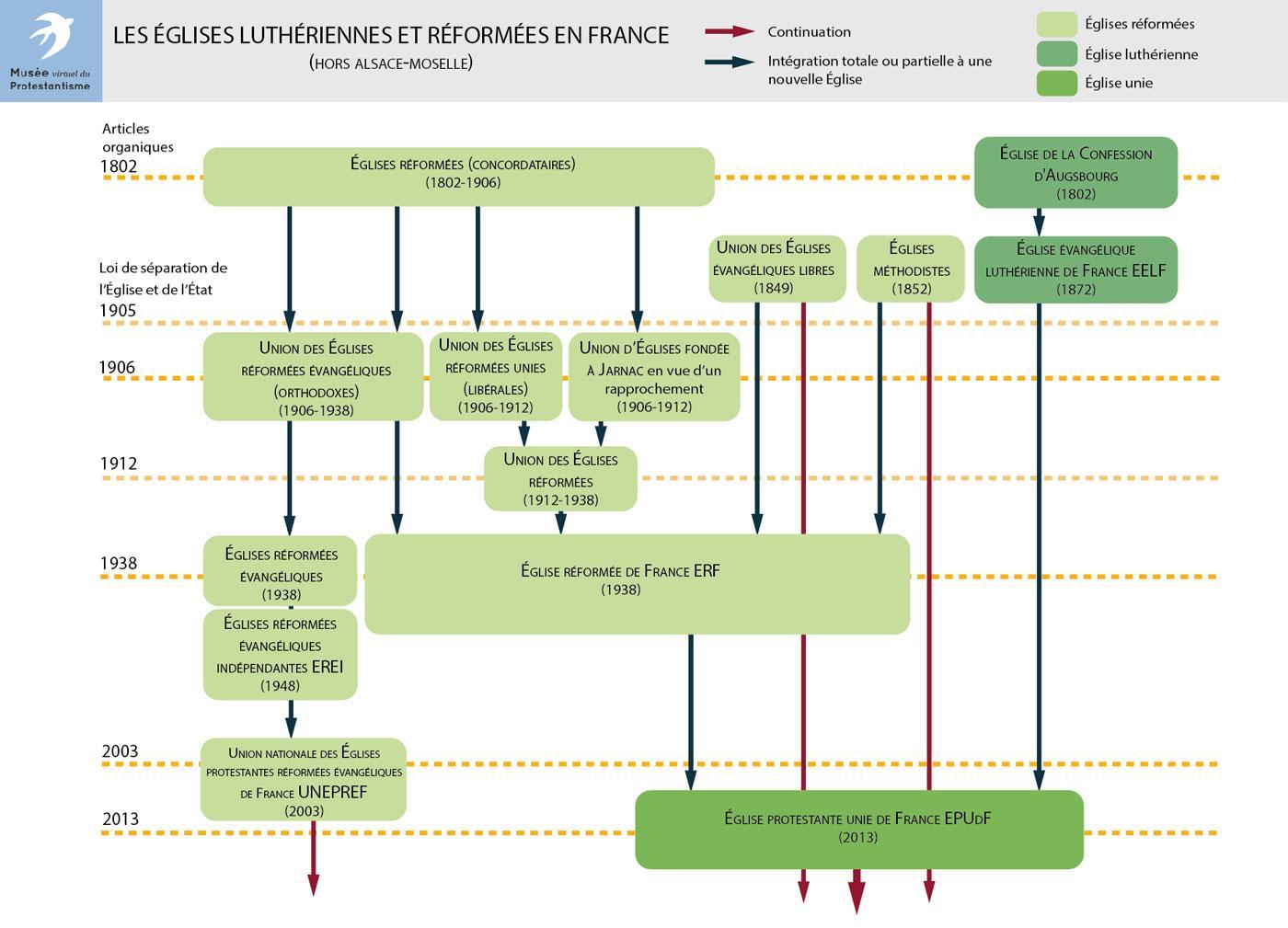
Divisions and regroupings in the Reformed Church
Betweeen 1802 and 1938 the Reformed Church underwent dramatic modification in their organisation. -
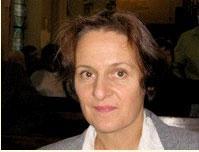
Feminist Theologies
Feminist theologies are grounded in the great movement for women’s rights born around 50 years ago in the USA, in order to reassess their place both in society and in... -
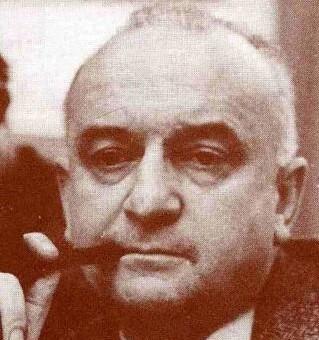
Liberation Theology
Emerging at the end of the 1960s, in Catholic circles in Latin America, Liberation theologies developed widely. They denounced the oppression of which the poor were victims. These injustices had...

